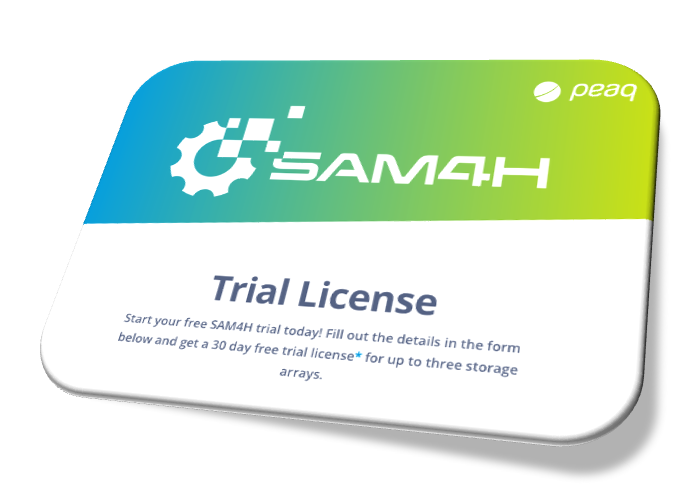IOportal meets REST API
After its inception in 2013 the IOportal quickly became famous for its ease of use, quick implementation and, above all, the deep insight it offers into the capacity and performance aspects of Hitachi’s block storage systems. This insight is also accessible for novice users because the IOportal overcomes the limitations of traditional tools, that require deep understanding of the Hitachi storage systems and extensive training on the monitoring tool itself. Today, we are glad to announce that the IOportal now offers integration with higher level monitoring systems via a state-of-the-art REST API, that lets you query and retrieve the crucial information you may want to integrate with your enterprise monitoring dashboard, like Splunk or Grafana.
Get crucial, up-to-date storage system data without hassle
The IOportal REST API offers the possibility to retrieve crucial dynamical information about your storage systems via commands executed in the background fully automatically and in regular intervals. This information may be parsed and fed into the dashboard of your company’s monitoring tool of choice. Therefore, the REST API connects the IOportal with your company’s dashboard that can now display up-to-date information about your storage systems.
Security first
In order to leverage the IOportal REST API you need a valid IOportal user account. Furthermore, access to the data is secured via SSL using the same mechanism that ensures the security of your data upload to the IOportal. This simply means that nobody else but you has access to the data, offering the same level of security you are used to when doing financial transactions via the Internet.
Detailed documentation
Once logged into the IOportal, you will find the REST API documentation under the “Account” menu in the navigation bar. The documentation describes in detail the tools necessary and the steps required to access information about your company’s storage systems. Comprehensive examples help you quickly get up to speed and soon extract your first data using the IOportal REST API.
From data to insight
Data is offered in a standard format (JSON) for which many tools exist for further processing. You may extract detailed information of all capacity aspects of each storage pool, including pool size, used capacity and compression ratio. Use this information to raise an alarm in your standard issue management tool in case critical thresholds are exceeded. In order to be able to react to changes in the dynamical behaviour of your storage systems, use the data extracted from the dashboard tables offering the same values you are already familiar with from the IOportal dashboard view: Your storage system’s 24 hour average workload, its respective average response time indicating bottlenecks at an early stage, daily threshold excess pointing out resource constraints and servers affected by performance degradation. Get the most out of your Hitachi Storage Systems
The IOportal REST API lets you tightly integrate information about your storage systems into your operations data center environment helping you get the most out of your Hitachi storage systems.








